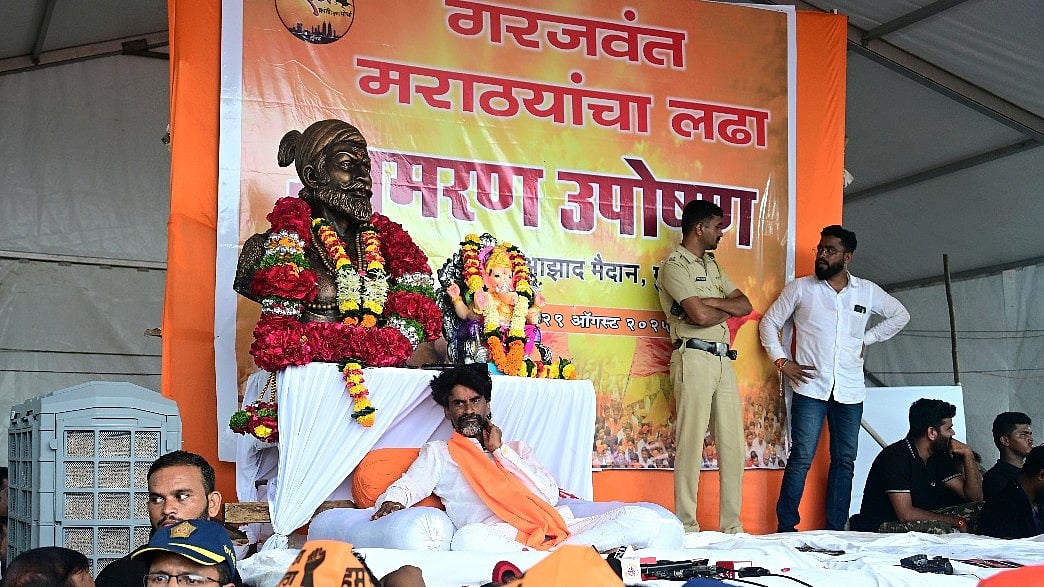Waste is today a global environmental, economic, and governance challenge. India, reportedly contributing nearly 20% to the global total of 9.3 million tons of plastic waste generated annually, stands at a critical juncture in its waste management journey. Even mildly put, the urgency to act is undeniable.
Intelligent technologies, including Artificial intelligence (AI), present an opportunity to transform the way waste is managed across the value chain, encompassing collection, sorting, recycling, compliance, and material innovation. AI-driven models are already reshaping industries across the globe worldwide. For India, the integration of such technologies into the waste management domain could characterize the next leap towards a sustainable, circular economy.
Smarter Sorting and Management
Globally, hyperspectral imaging (HSI) combined with machine learning has achieved over 96% purity in classifying plastics, as demonstrated in European recycling plants. This makes recycled plastic cleaner and of higher quality, while reducing the need to turn it into lower-value products.
India is also witnessing increasing adoption of AI in waste management. Ishitva Robotic Systems, an Ahmedabad-based deep-tech startup, has developed AI-powered machines that automatically segregate dry waste with high precision, distinguishing plastics by polymer type, colour, and even melt flow index. The Madurai Municipal Corporation in Tamil Nadu has launched an AI-powered surveillance project to improve solid waste management. In the first phase, 60 smart cameras are being installed in key central areas, including near the Vaigai River and Meenakshi Amman Temple, under the Tamil Nadu Innovation Initiatives (TANII) program. Goenvi Technologies, part of Marico Innovation Foundation’s Scale-Up accelerator, operates decentralized waste-to-fuel units that employ AI-enhanced systems for effective sorting and processing of plastic waste.
The measures mentioned above can significantly help in more efficient waste management, improve recycling efficiency, reduce costs, and create an ecosystem that ensures Indian-origin waste management processes that are globally competitive.
Safer Collection: Efficiency with Human Dignity
Although legally prohibited, manual scavenging persists in parts of India. This is one area that must see urgent and safer solutions. One such example is Kerala’s ‘Bandicoot’ robot, built by Genrobotics, which is now being used in several states to clean septic tanks without human entry. States like Tamil Nadu and Telangana have increased its use through sanitation programs.
AI can also streamline waste collection efforts, making them more efficient. By analyzing traffic and waste generation patterns, smart algorithms can determine better routes, help save fuel and reduce emissions. Indore, often rated India’s cleanest city, already uses GPS-based AI tracking to track its collection vehicles. While Bengaluru spends over ₹500 crore every year to manage over 6,000 tonnes of waste daily, a significant portion of that waste still ends up in landfills. Smarter, AI-enabled collection systems could greatly improve such outcomes.
Innovation and Compliance
AI’s role extends to material innovation and regulatory compliance. Machine learning models are increasingly being used to design biodegradable plastics and predict material properties before synthesis. IIT Madras is accelerating the use of AI in the development of bio-based packaging alternatives.
In the compliance domain, startups like Recykal in Hyderabad are using blockchain together with AI to create transparent waste tracking systems. These help companies follow the Plastic Waste Management Rules (2016, amended 2022) and the E-waste Management Rules (2022). With increasing judicial scrutiny, such tools are assuming greater significance for companies to build trust with both regulators and consumers.
RLG Systems India supports producers in meeting their EPR obligations by enabling responsible collection and recycling of lithium battery waste. Through its pan India coverage and market experience, RLG Systems India helps producers fulfil their battery EPR targets, ensuring sustainable and compliant lithium battery waste management.

Radhika Kalia, MD, RLG Systems India Pvt. Ltd. | File Photo
Economic and Social Aspects
AI also brings clear economic benefits. Global case studies show that food retailers have cut waste by almost 15% per store, preventing more than 26,000 tons of CO₂ emissions each year. In India, companies like ITC Hotels and food delivery platforms such as Zomato and Swiggy are already using AI for demand forecasting and inventory management, helping reduce waste on a large scale.
In waste management, predictive analytics can improve resource use and lower costs. However, high upfront costs and the difficulty of connecting AI with older systems (especially for smaller businesses) remain key hurdles. Overcoming these challenges will need government support, incentives, and public-private partnerships, as outlined in NITI Aayog’s AI for All strategy.
Social considerations are equally important. While AI can be deployed for hazardous jobs, it must be combined with reskilling programs to avoid job displacement. A good example is the introduction of the HomoSEP robotic system to mechanize sewer/drain cleaning by the Noida Authority in April 2025. It removes the need for workers to enter confined, toxic spaces. Workers are trained to operate the robot themselves after receiving the necessary guidance and safety instruction. This is an apt illustration of worker upskilling as part of the rollout. Further, the AI component in HomoSEP is also evolving as researchers work on integration to enable advanced tasks like real-time inspection and situational management in hazardous sanitation environments.
Conclusion
India’s waste regulations, while evolving, still suffer from gaps, especially in data standards and enforcement under the Solid Waste Management Rules (2016). Creating uniform data systems, reinforced by intelligent technologies like AI will be key to scaling solutions across the country.
It must be borne in mind that AI is not a panacea. It must be used as a powerful and strategic catalyst to change waste management processes, making systems more efficient, humane, transparent, and sustainable. Use of AI in sorting, collection, new materials, and compliance can lead to lower environmental impact, reduced costs, and new markets for recycled and biodegradable products. With a strategic approach, the current waste crisis can become a source of progress, competitiveness, and dignity, placing India firmly in the circular economy space.
The author of this article is Radhika Kalia, MD, RLG Systems India Pvt. Ltd.










